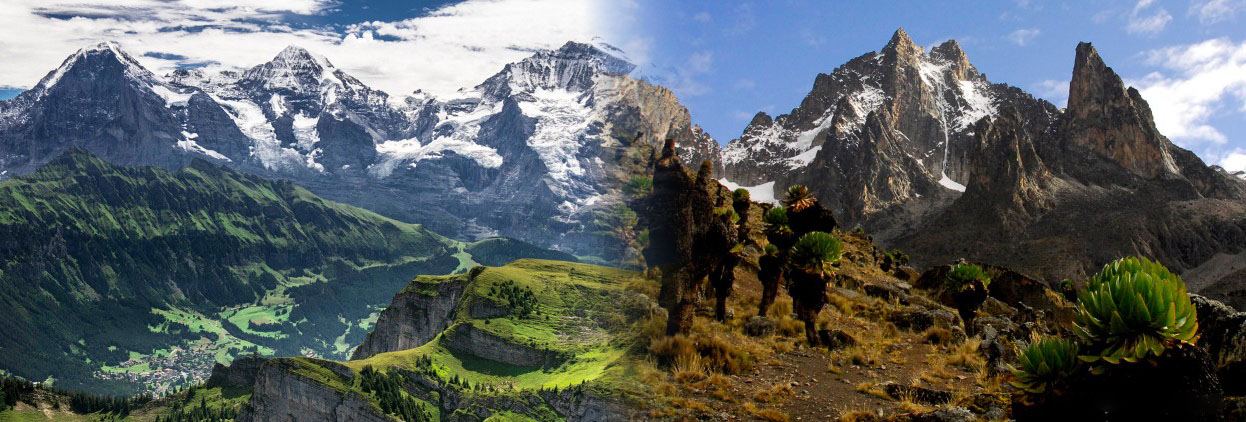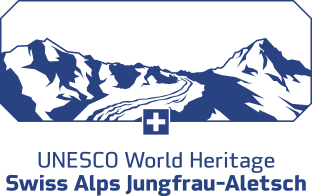UNESCO Chair «Natural and Cultural Heritage for Sustainable Mountain Development»
Through the UNITWIN Chairs Programme, UNESCO supports over 800 chairs worldwide that address the core themes of UNESCO. One of them is «Natural and Cultural Heritage for Sustainable Mountain Development». The Chair is led by PD Dr. Theresa Tribaldos, scientist at the Centre for Development and Environment (CDE) and at the Institute of Geography at the University of Bern, as well as Dr. Boniface Kiteme, Director of the Centre for Training and Integrated Research in ASAL Development (CETRAD) in Kenya.
The UNESCO Chair is engaged in teaching and research in the field of mountain studies and is designed to investigate sustainable development in mountain regions. In addition to its focus on the UNESCO World Heritage Swiss Alps Jungfrau-Aletsch, the Chair – through the co-leadership at CETRAD in Kenya – particularly strengthens collaboration with World Heritage Sites in African mountain regions and other parts of the world.
The UNESCO Chair promotes research and knowledge exchange in, among others, the following areas:
- Synergies between food systems and ecosystems
- Contribution of commons governance to sustainable development
- Food systems in mountain regions
- Environmental education
- Biodiversity
- Renewable resources
- Sustainable tourism
- Culture & traditions
- Sustainable regional development
The objectives of the UNESCO Chair are
- Building an international network for the protection of larger mountain regions
- Applying inter- and transdisciplinary research methods to preserve the natural and cultural heritage of mountain regions and to support their value creation in terms of sustainable development
- Training and continuing education of academic and non-academic actors in mountain regions
- Knowledge transfer and information exchange between the various World Heritage Sites
- Raising awareness of the importance of World Heritage Sites in the Alps and mountain regions worldwide through open-access tools
Latest news about the UNESCO Chair can be found here.
UNESCO Chair Newsletter 2019
Newsletter #1: UNESCO Chair: Natur- und Kulturerbe für nachhaltige Gebirgsentwicklung (german)
UNESCO Chair Newsletter 2021
Newsletter #2: Traditions and perspectives – insights into Sustainable Mountain Development
UNESCO Chair Newsletter 2022
Newsletter #3: Of Traditions and Perspectives – Insights into Sustainable Mountain Development
UNESCO Chair Newsletter 2023
Newsletter #4: Of Traditions and Perspectives – Insights into Sustainable Mountain Development
UNESCO Chair Newsletter 2024
Newsletter #5: Of Traditions and Perspectives – Insights into Sustainable Mountain Development
UNESCO Chair Newsletter 2025
Newsletter #6: Of Traditions and Perspectives – Insights into Sustainable Mountain Development

